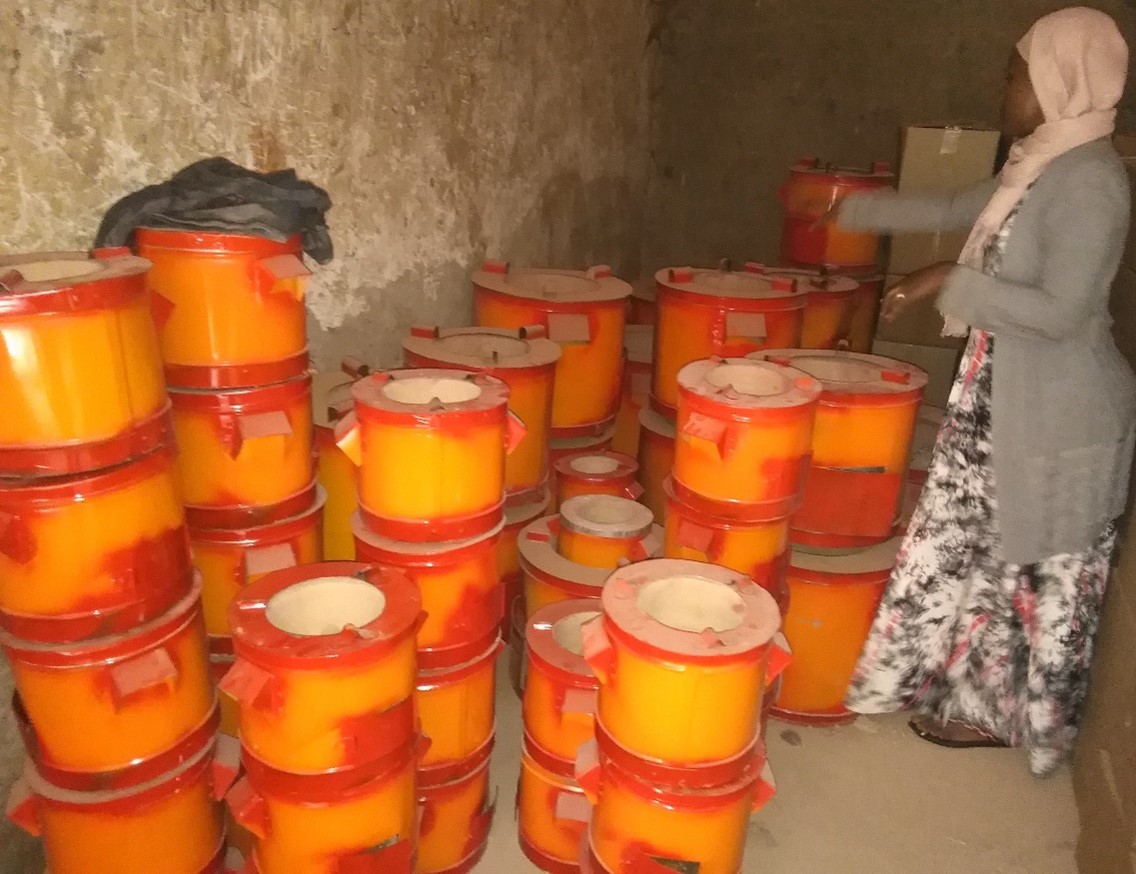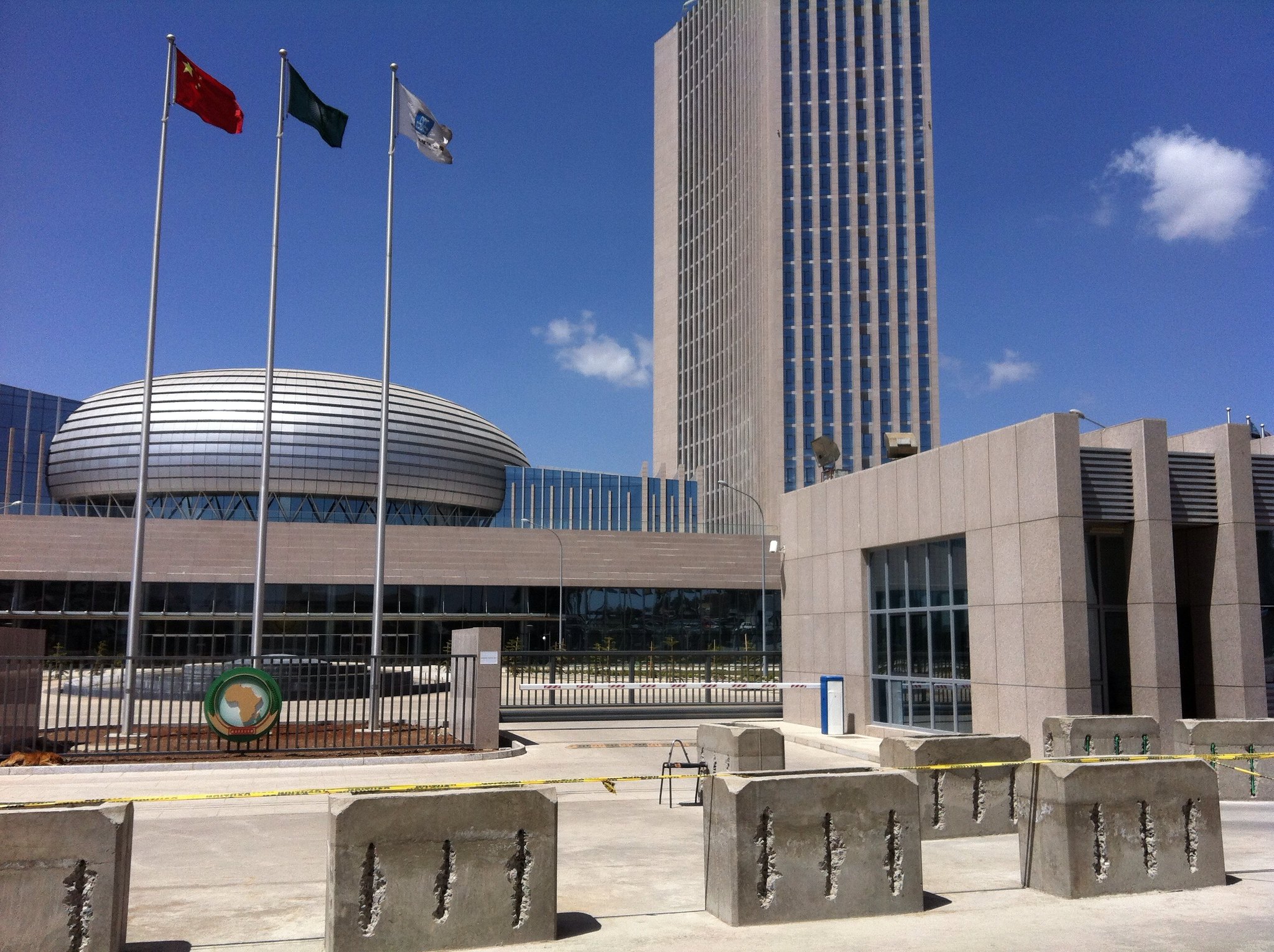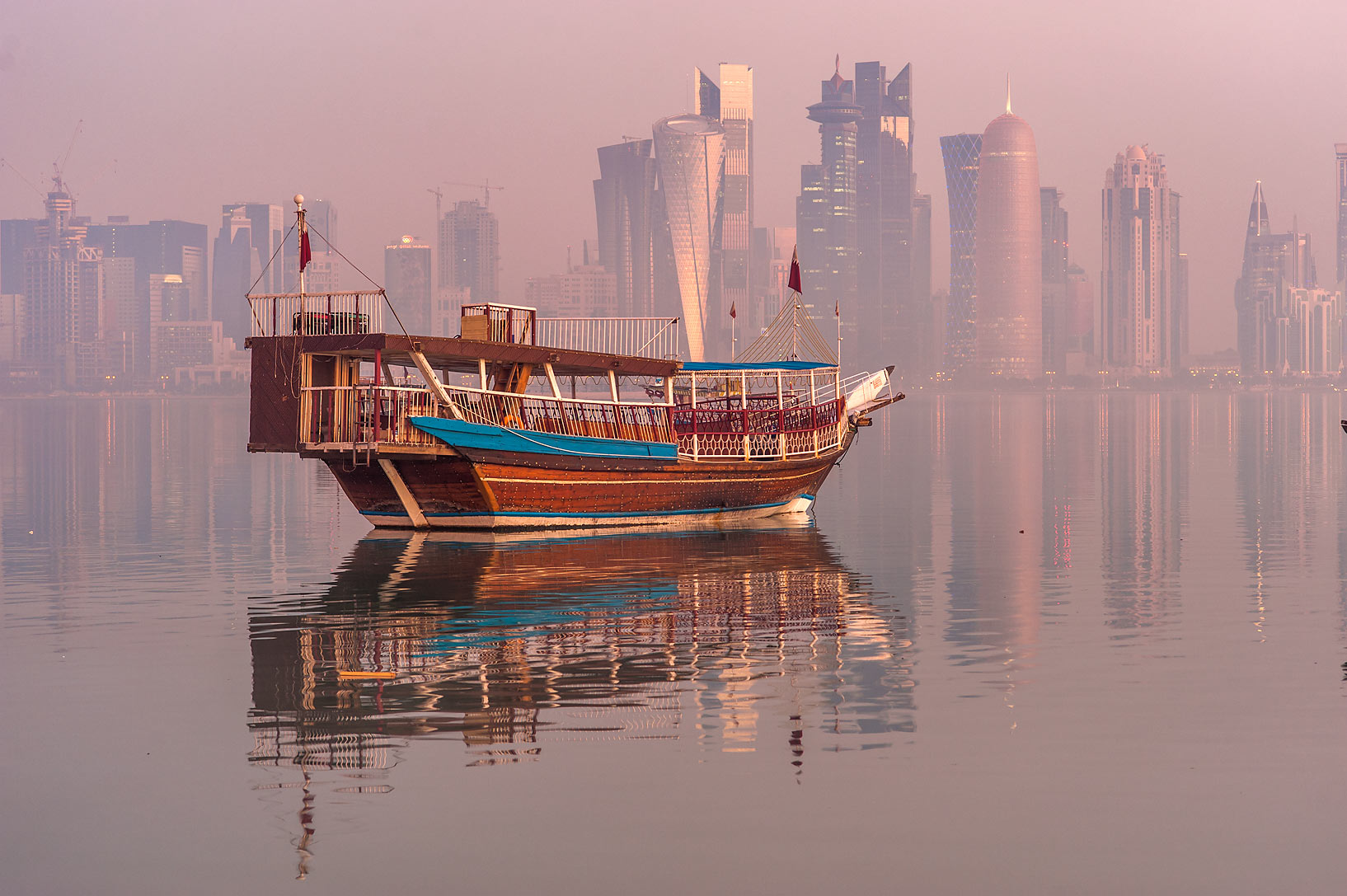More than a decade ago African middle classes were regarded as key drivers of social and economic development on the continent. In the subsequent years, they have shown little appetite to take up this role. This shows yet another example of African dynamics being viewed through a Eurocentric lens, writes Antje Daniel, Henning Melber, and Florian Stoll.
Since the early 2010s, economists have promoted the idea of the middle-class as “indispensable” for development in the global South. This narrative was also promoted by the African Development Bank. It cultivated an aura of successful economic development that counteracted the perception in the Global North of Africa as a “lost continent“.
The middle classes were defined in the main by daily income or expenditure. There was, however, weak empirical evidence on criteria such as financial stability, well-paid employment or entrepreneurism, a lifestyle with consumption and leisure time, and a pro-democratic political orientation. Idealised by development organisations as political actors “good for good government” the middle-classes were turned into fictitious figureheads for democratisation across the continent.
There was an almost Marxist assumption that the middle-class of one country would share common political consciousness, values, and attitudes with the middle-class of another. The empirical evidence about the political positions and values of Africa’s growing middle-class was extremely thin on the ground.
My middle is not your middle
There are several major difficulties in using the term middle-class in African societies.
African societies have had different historical trajectories to European and North American societies, where the concept of middle-classes originated. With the rise of capitalist industrialisation in Europe, households moved towards the nuclear family, workers had one qualified occupation, and families benefitted from several public and private security systems. This was the foundation of the middle class as a social group and way of life. The innocent use of the term “middle class” misleadingly suggests that we can compare the situation of these middle-income groups with middle-income earners in colonial and postcolonial African societies. As the middle class is far from a homogenous entity in Western societies, the same is true in African societies. Being attributed “middle classness” does nowhere mean people think and act alike.
Despite many of the assumptions, there is no compelling connection between a middle-income position and a pro-democratic orientation. The progressive European and North American middle-classes were the outcome of a specific historical context with certain economic and cultural conditions. Even in Europe, the association of middle-class and pro-democratic worldviews has only been true at certain points of the 20th century. Consequently, a transfer of the concept to African societies must consider the divergent backgrounds. As history suggests, middle-classes as often displayed conservative if not reactionary tendencies as liberal democratic ones and were active participants in right-wing policies. By any standards, they were never ideologically or politically homogenous.
In academia, as well as elsewhere, African contexts have been marginalised and are still marginal in empirical research and theory building. Academic knowledge about Africa is very limited and social structures in Africa have not become topics of theoretical explanation. In many disciplines, research on Africa is classified under “area studies” and its insight and conclusions are siloed. The lack of data and expertise in international disciplinary debates such as sociology and political sciences is a major factor in why potentially misleading terms like “middle-classes” are to describe social strata in Africa.
Despite this, new groups of middle-income earners are part of ongoing political and economic changes across Africa. Urbanisation, economic growth, and new ways of life are a matter of fact in most parts of the continent. It is crucial to develop a more nuanced understanding of this, rather than to reach for the rather empty notion of “middle-class” to describe it.
Socio-cultural features such as the extended family as a household unit, ethnicity (as well as gender and religion), and the specific shape of political networks are significant influences. Middle class and protest must be investigated in relation to culture, lifestyle, ethnicity and/or ‘race’, religion, gender and other sociocultural positioning to be fully understood. These and many other aspects must be added to a mix of empirical research and theory to get to an appropriate understanding of the middle-class and politics in Africa.





